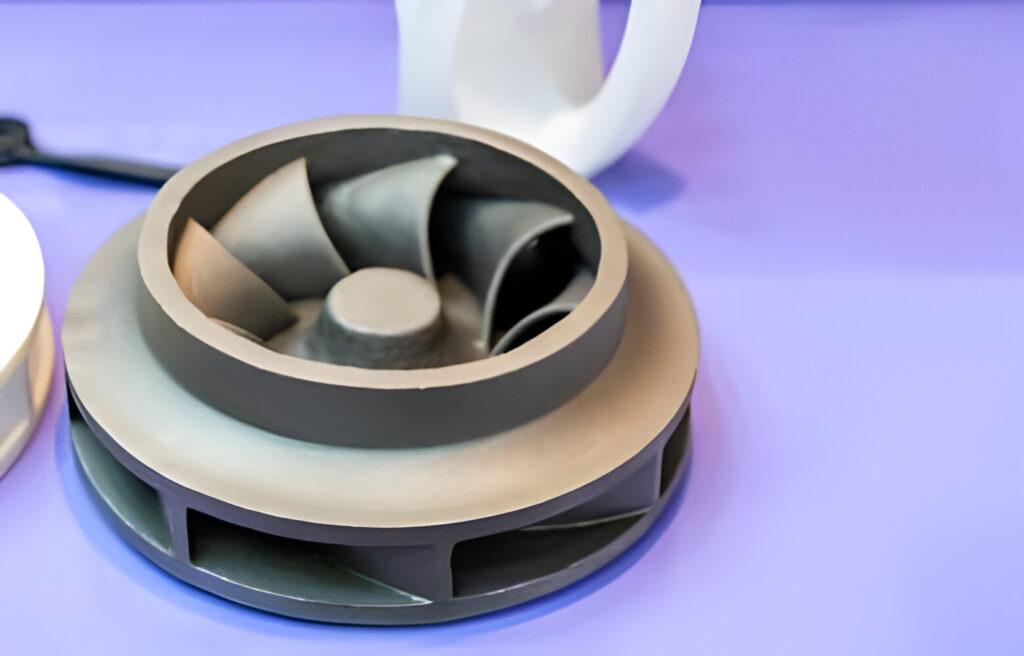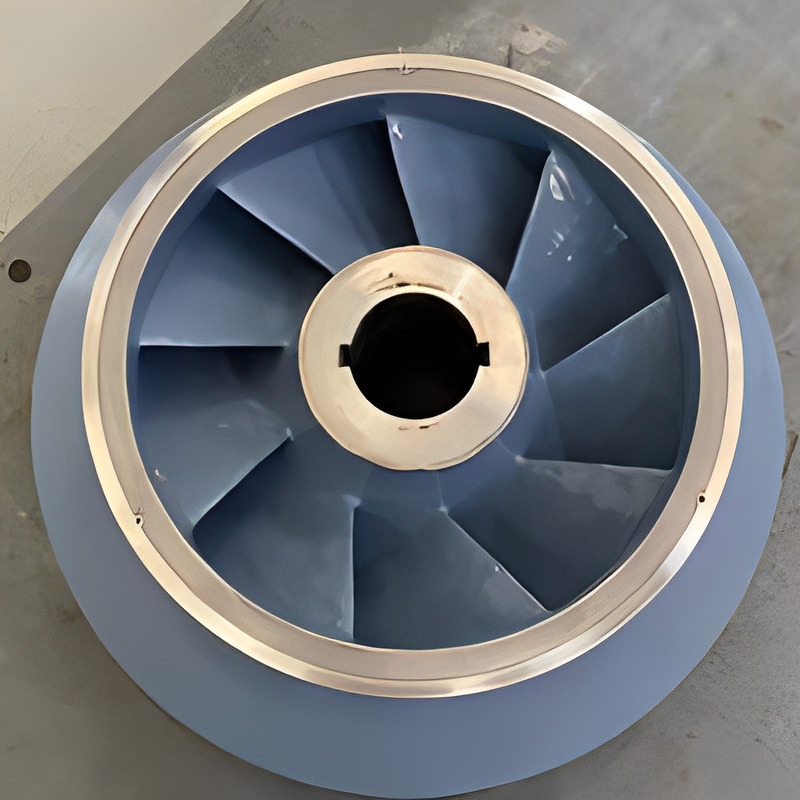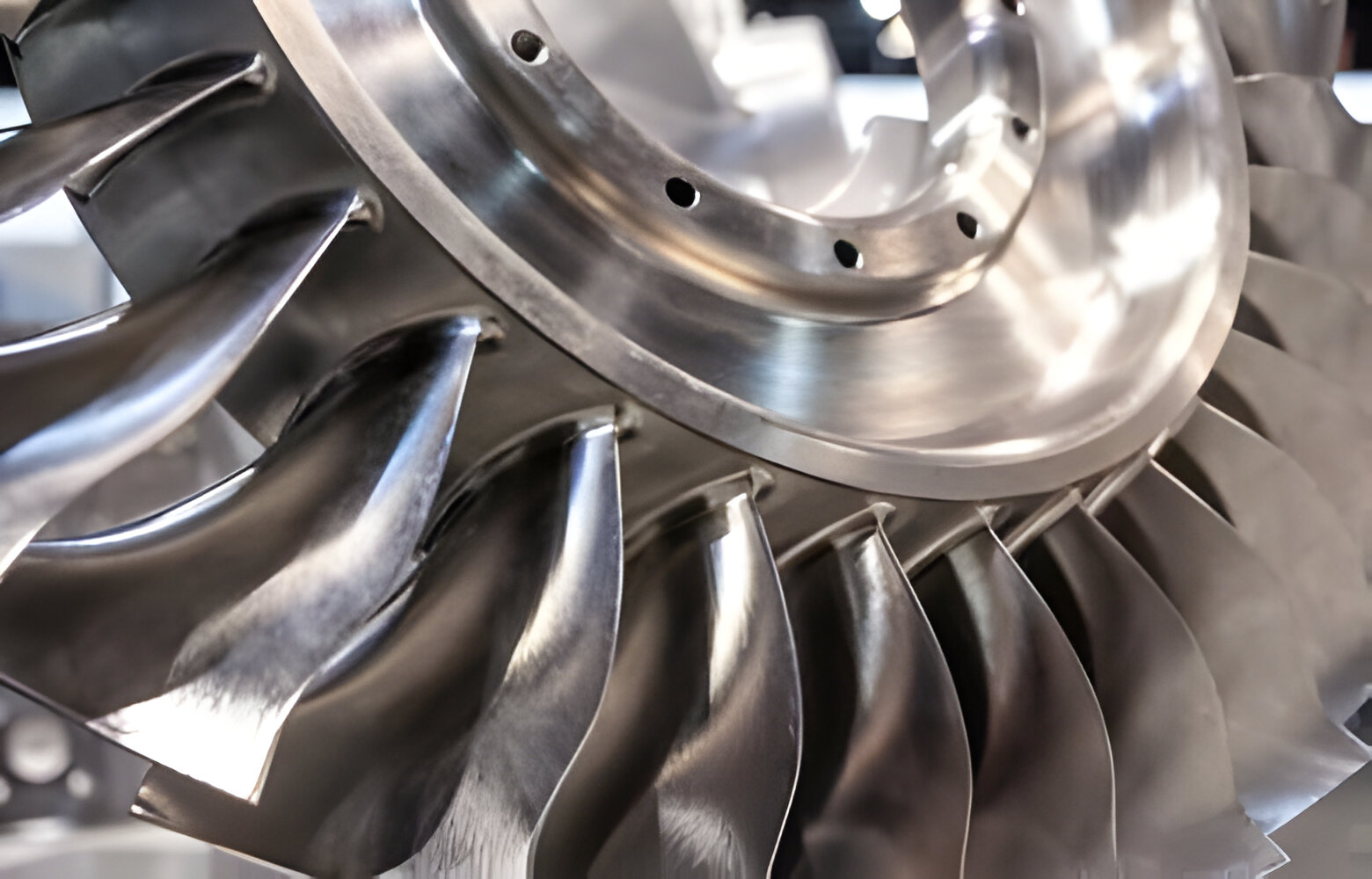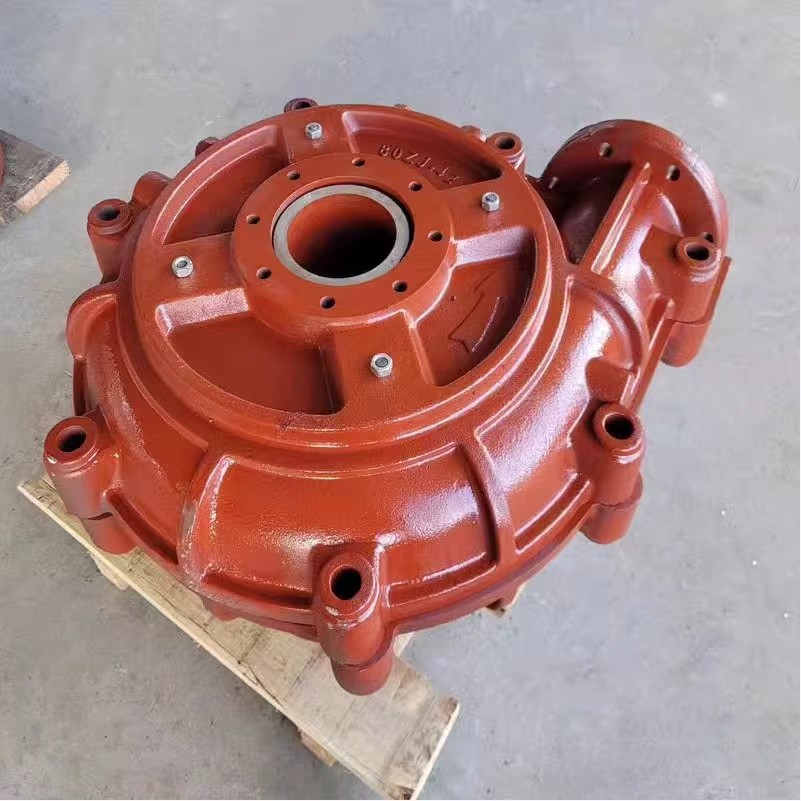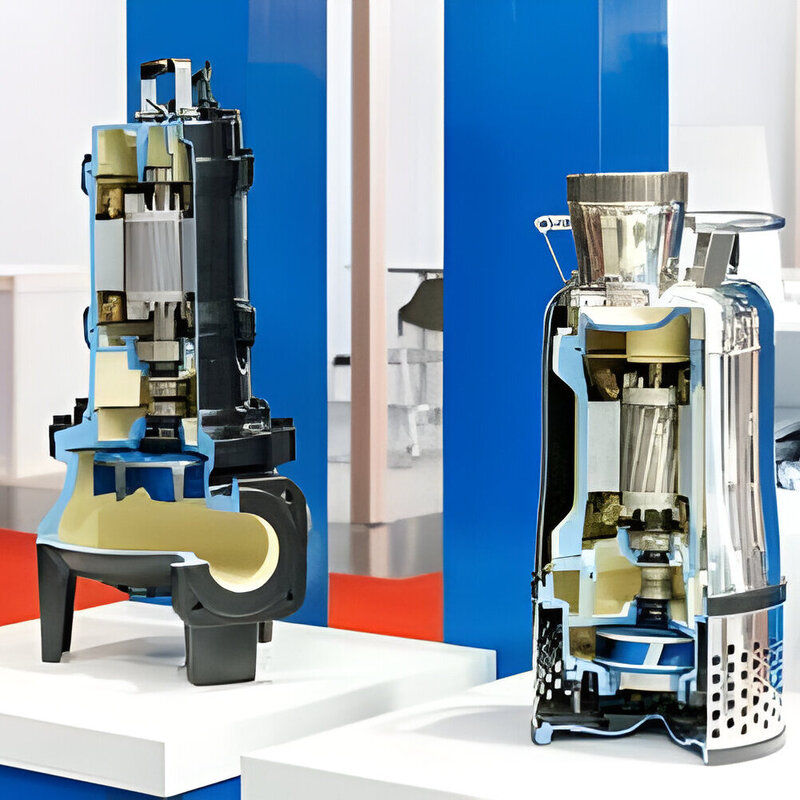In the realm of fluid dynamics and pump engineering, impeller castings play a pivotal role in ensuring efficient and reliable operations across various industries. From fuel pumps to centrifugal pumps, the impeller's design and material composition significantly impact performance. Let's delve into the world of impeller castings, exploring their manufacturing processes, materials, and applications, shedding light on how these components enhance pump efficiency and durability.
Investment Casting Impeller
One of the key techniques employed in impeller casting is investment casting. This intricate process allows for the creation of complex impeller designs with high dimensional accuracy. Investment casting impellers are favored for their smooth surface finish and precise blade profiles, crucial for optimizing fluid flow within pumps. Whether it's for a centrifugal pump or a water pump, investment casting ensures consistency and quality in impeller production.
Stainless Steel Impeller Casting
Stainless steel is a popular choice for impeller casting due to its corrosion resistance and mechanical properties. Stainless steel impeller castings are widely used in applications where durability and hygiene are paramount, such as in food processing or marine environments. Manufacturers specializing in stainless steel castings ensure that impellers meet stringent quality standards, offering reliability in demanding operating conditions.
Centrifugal Pump Impellers
Centrifugal pump impellers play a crucial role in converting rotational energy into kinetic energy, facilitating fluid movement. These impellers come in various designs, including closed, semi-open, and open configurations, each suited for specific applications. Whether it's transferring water in industrial processes or circulating pool water, centrifugal pump impellers are engineered to deliver optimal performance and efficiency.
Sand Casting Impeller
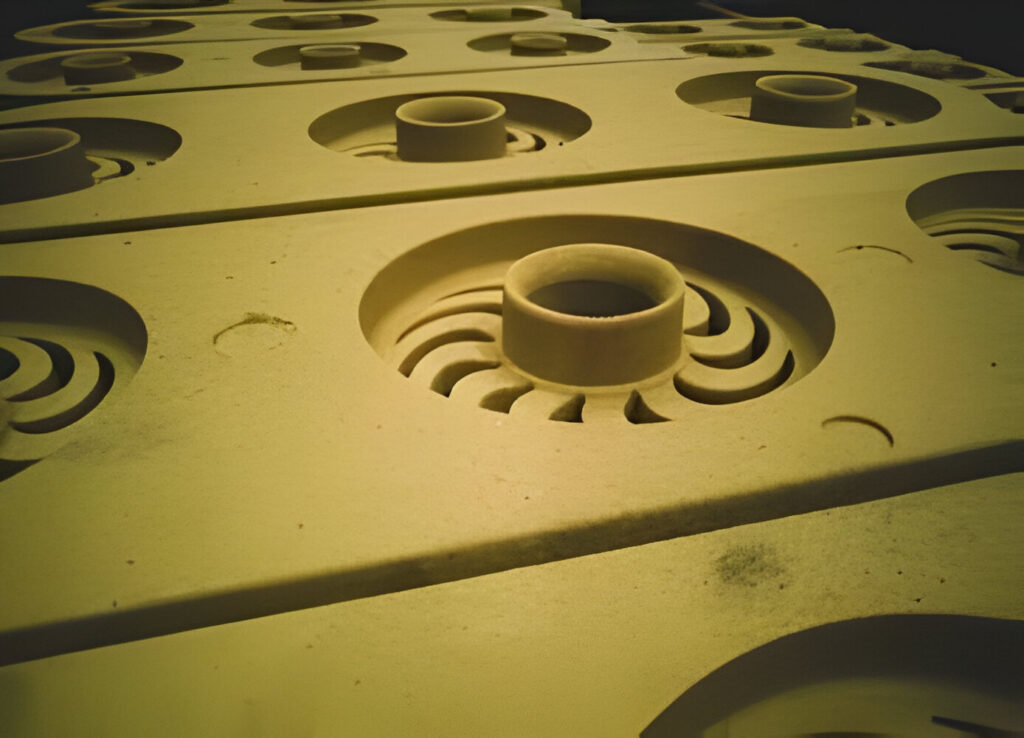
Sand casting is another prevalent method for producing impellers, especially for larger components or low-volume production runs. While not as precise as investment casting, sand casting offers cost-effective solutions for casting impellers in materials like bronze or cast iron. Sand casting impellers find applications in heavy-duty pumps, such as those used in mining or irrigation systems, where robustness is paramount.
Bronze Impeller vs. Cast Iron Impeller
When choosing between materials for impeller casting, considerations of strength, corrosion resistance, and cost come into play. Bronze impellers offer excellent corrosion resistance and are ideal for seawater applications, while cast iron impellers provide high strength and are well-suited for handling abrasive fluids. Understanding the specific requirements of the pump system is crucial in selecting between bronze and cast iron impellers for optimal performance and longevity.
As manufacturers strive to meet evolving industry demands, the impeller casting process continues to evolve, incorporating advanced techniques and materials to enhance pump efficiency and durability. From OEM well-casted impellers to specialized stainless steel impeller castings, the market offers a diverse range of solutions to cater to various applications.

